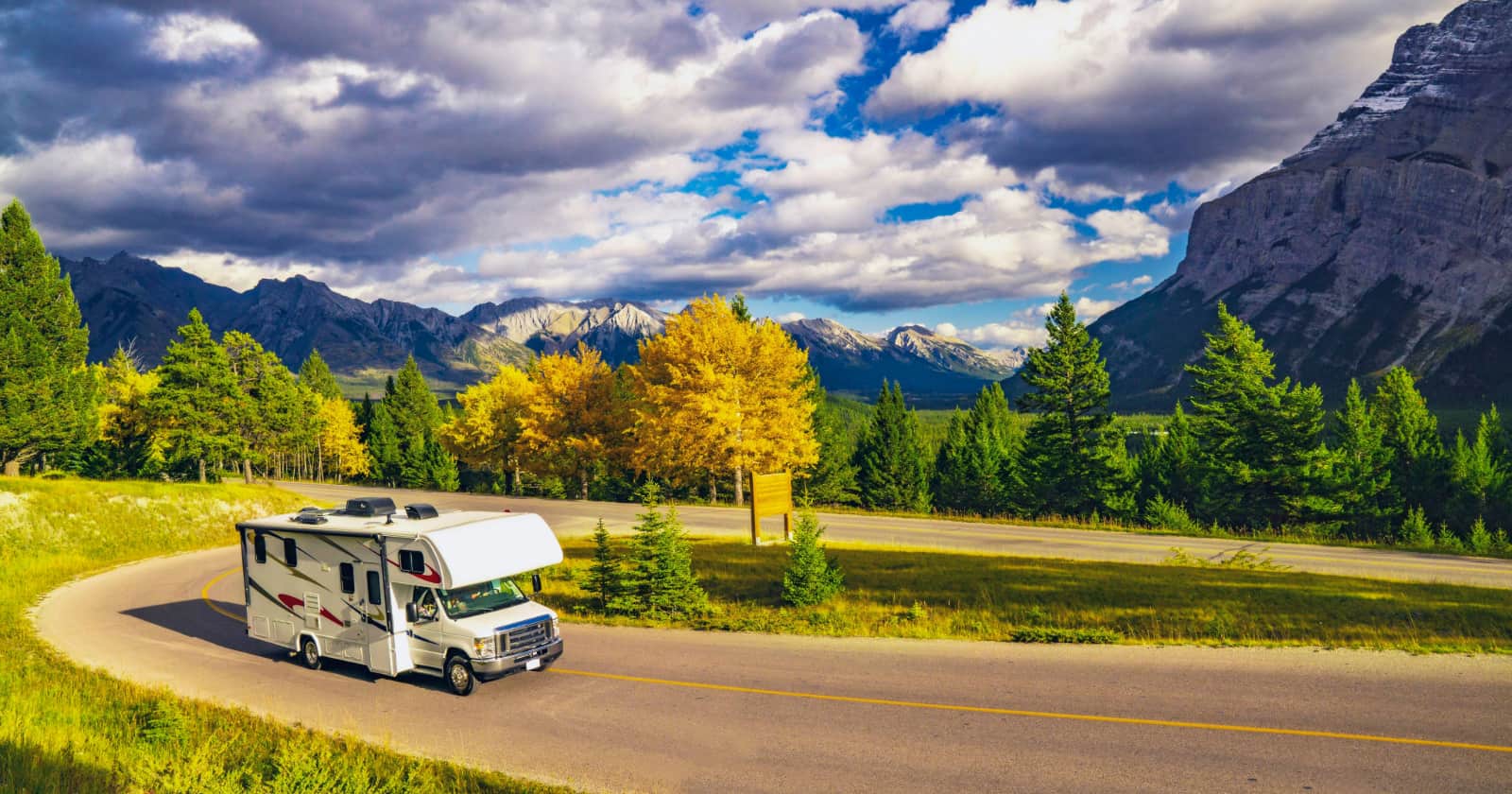
How To Get Rid Of That Musty Smell In Your RV
There are many reasons why an RV might develop unusual odors. These vehicles hold a lot of fluids, holding tanks, food, and other substances that can stink over time. However, many RVers have noticed that a musty smell will frequently pop up. It can be hard to diagnose this immediately, but there are causes and solutions for any bad odors in your RV.
Musty smells are most commonly caused by water leaks or excessive humidity. As the moisture settles into your RV and starts to stagnate, a damp, earthy smell will start to take over. It can take time and effort to get rid of the smell for good, but it’s always possible.
Below we’ll cover some potential causes for musty smells in your RV as well as ways to get rid of them. Make sure you consider each possibility because these scents can come from multiple sources.
Potential causes for a musty smell
Water leaks or humidity buildup
Water damage will almost inevitably create a musty, damp smell within your RV. Any leaks should be investigated and dealt with immediately. Leaks can ruin your furniture, walls, and floor, so keep an eye out for any wet patches or bubbling on your RV surfaces. Water and humidity are the most common sources of musty smells in an RV.
If you live in a particularly humid area, you’re also likely to encounter musty odors often. When humidity is trapped within a space, it tends to create a damp, unpleasant smell. Try to keep your RV well ventilated and use dehumidifiers to dry out the air.
Mold/mildew
As mentioned above, the most common source of musty RV smells is water. When your RV is damp and humid, it becomes the perfect breeding ground for mold, bacteria, and mildew. The damp odor is so connected that anyone who smells something musty will usually assume that mildew is to blame.
If you have mold or mildew growing in your RV, it needs to be dealt with immediately. These growths can lead to rot, structural damage, and discoloration. Plus, it can ruin your furniture and tank the resale value of your RV. Look for any organic growths in your RV as well as mysterious stains or discolored patches on the walls, ceiling, or floor.
Blockages in air ducts or wiring
Blockages in your wiring or air ducts are other possible causes for RV odors. If these aren’t regularly cleaned, debris can start to build up inside. If you have bugs, dirt, or plant particles within your ventilation system, they can create an earthy smell that’s hard to pinpoint.
Sometimes small animals like mice can also get into these spaces and die. That will definitely cause a stink that needs to be dealt with!
Storage stink
If you put your RV into storage for an extended period, you might notice that it smells different next time you use it. Things can stagnate inside an RV if it isn’t aired out and used from time to time. Any humidity that snuck in during the storage period will set in and create a damp, earthy odor.
This type of smell might not be harmful, but it’s not exactly pleasant either. Proper ventilation and storage practices can help you reduce the odors that will appear over time.
Lack of cleaning
Finally, an unclean RV is a smelly RV. If you don’t have mildew, water damage, vent blockages, or any other symptom listed above, the problem might be a lack of cleaning. Anything will stink if it’s left in the RV long enough (dirty laundry, unclean dishes, a full trash can, etc.)
Try to establish regular cleaning practices for your RV to keep it clean and fresh. This will save you work down the road and will help you notice quickly when something starts to stink.
How to get rid of musty smells in your RV
Sunlight and fresh air
Now that we know some potential causes for musty smells, it’s time to talk about solutions! One of the best ways to get rid of musty smells is to open up your RV and expose it to sunlight and fresh air. If the problem is damp, stagnant air, then this is an easy solution.
If there are specific items that are affected (like mildew on couch cushions), remove these items and place them outside so they can dry out and disinfect themselves. Sunlight and fresh air work wonders on smelly items.
Clean all fabric and furniture
Fabric and other absorbent materials are most likely to be affected by humidity and mildew. Remove as many of these items as possible and clean them thoroughly. If you have carpet in your RV, you also might want to consider removing it and replacing it with wood or linoleum flooring.
Pay special attention to the mattresses and bedding in your RV. These items can trap a lot of moisture, so they’re particularly vulnerable to mold and mildew growth. Make sure everything is clean and completely dry before returning it to the RV.
Improve ventilation and use dehumidifiers
Next up, focus on improving your airflow and decreasing humidity in your RV. Clean out your vents and regularly run fans when you’re showering, cooking, or doing anything else that creates steam. You can also open up your windows if you’re in an area with dry air.
Dehumidifiers will help you maintain a cool, dry interior, no matter where you are. Look at small portable models for RVs, such as the Pro Breeze Dehumidifier. You should also check for any leaks around your sink, shower, and toilet. If anything is dripping, it can create a bad musty smell and might lead to permanent water damage.
Use activated charcoal and other desiccants
Another useful tip is to use desiccants in your RV. These are substances that absorb moisture and decrease humidity. There are lots of different options to explore, but activated charcoal is a popular one for RVers. If you have a tub of it, it can soak up moisture in the air and keep a large area dry.
You can also use silica gel packets, rice, diatomaceous earth, and salt if you need to cover small areas. Check your windowsills and the corners of cabinets regularly. These areas can easily get damp and spread humidity around your RV.
Look for deeper issues
Finally, keep your eyes open for larger problems. A musty smell may not be a major problem on its own, but it can be indicative of bigger problems on the horizon. If you have untreated water damage, this can lead to rotten RV supports, unstable floors, and pipe malfunctions.
Water damage and mildew can attract pests that will create health problems. Regularly clean and inspect your RV so you can identify any blossoming problems. If you stay vigilant and keep an eye open for looming dangers, you can avoid most of them. A damp or musty odor is an early warning sign that you need to take action. Just make sure you act fast and it won’t be a problem!
Track your RV maintenance
Make sure you keep track of all your RV maintenance and repairs with an online tool such as RV LIFE Maintenance. Not only can you keep all of your documents in one place, but you’ll also receive timely reminders when maintenance is due to help you avoid costly repairs and potentially serious accidents.
Related articles:



